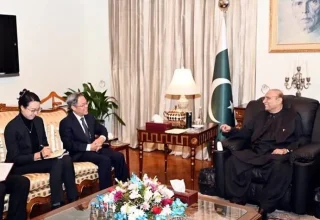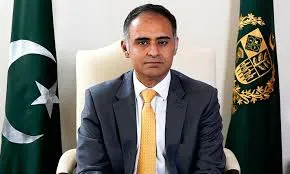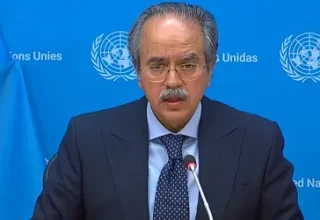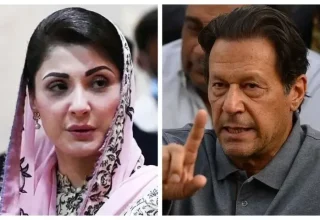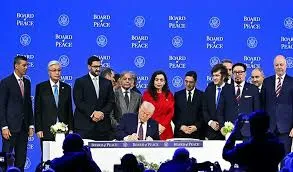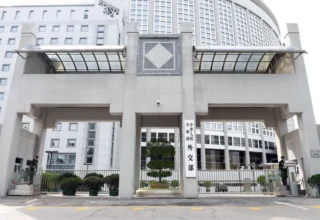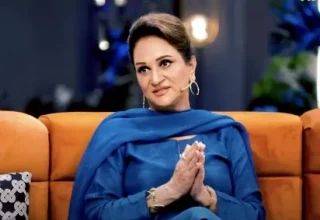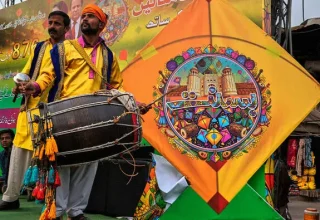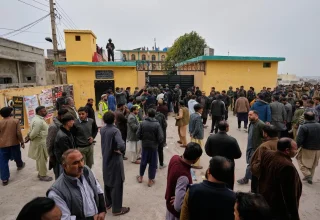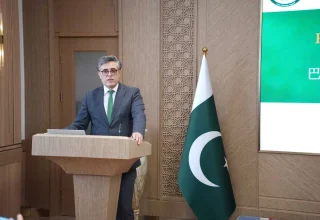
Pakistan has reaffirmed its strong commitment to multilateralism and the principles outlined in the United Nations Charter, as the world marks the 80th anniversary of the founding document.
In a message issued on the occasion of United Nations Day 2025, the Deputy Prime Minister and Foreign Minister said Pakistan views the UN as the most representative multilateral institution, uniquely positioned to address global challenges including threats to peace and security, humanitarian crises, development inequalities, and the climate emergency.
Guided by the vision of Quaid-e-Azam Muhammad Ali Jinnah, Pakistan’s foreign policy remains rooted in the principles of sovereign equality, non-interference, the right to self-determination, and the peaceful settlement of disputes. The statement emphasized that Pakistan’s diplomatic conduct reflects a preference for dialogue, cooperation, and partnership on the international stage.
The message highlighted Pakistan’s longstanding engagement with the UN system. Since 1960, Pakistan has been among the top contributors to UN peacekeeping missions and continues to host the United Nations Military Observer Group in India and Pakistan (UNMOGIP), one of the organization’s oldest missions.
However, the Foreign Minister noted that the UN Charter’s principles continue to be violated, especially in Indian Illegally Occupied Jammu and Kashmir and in Palestine. He said the right to self-determination of the Kashmiri people, recognized under UN Security Council resolutions, remains denied, while Gaza represents a humanitarian catastrophe and a test of global conscience.
As Pakistan begins its term as a non-permanent member of the UN Security Council for 2025-26, the statement said the country remains committed to promoting peace, justice, and development. Pakistan intends to continue its role as a consensus builder, drawing from its experience during its Presidency of the Security Council earlier this year.
The message concluded with Pakistan reaffirming its readiness to work with UN member states and the United Nations system to advance the Charter’s goals of peace, development, and human dignity for all.



